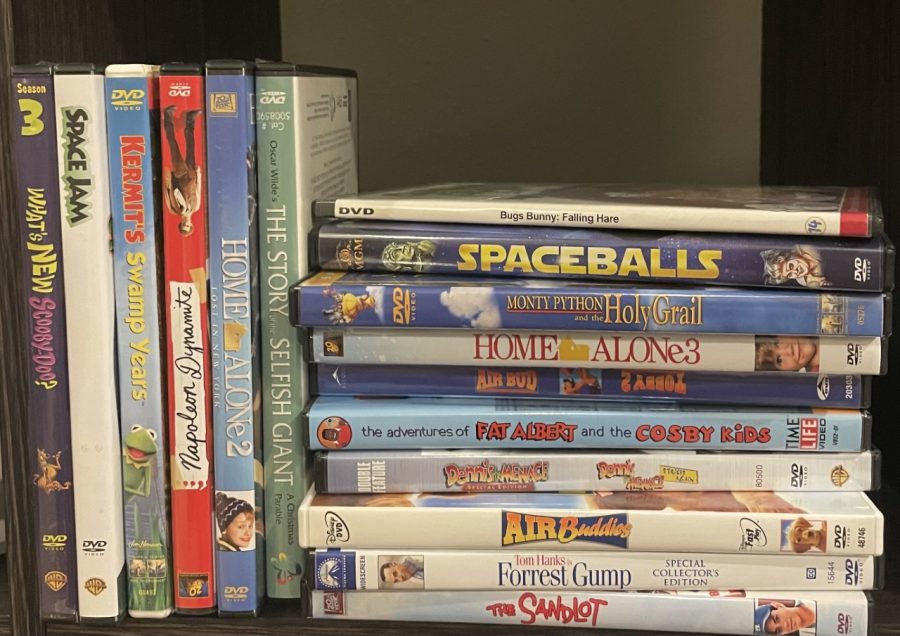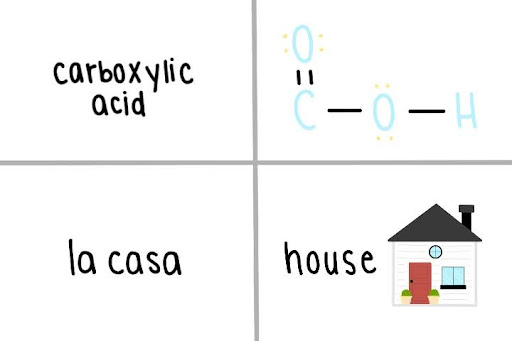Millennial crisis creates a new profitable industry
Those from the Millennial era enjoy the nostalgic feeling of reliving their childhood as a way to cope with their current lives.
March 26, 2022
Thousands of millennials across the country are going through a midlife crisis, and what are we doing to help? Bringing back Star Wars?
Yep. You heard that right. From Hollywood to the food industry, big corporations are making big bucks off of millennials who are yearning for the feeling of nostalgia. “We’re living in what feels like peak reboot era,” said YPulse. Millennials and even generations prior to the millennial age are able to relive their childhood with the click of a button. The TV shows and movies that raised previous generations are now available on various streaming services such as Netflix, Hulu and various satellite TV channels are even doing reruns from 80s and 90s shows. Generation Z has been raised on this new form of entertainment which is foreign to previous generations.
According to a study performed by YPulse, 88% of millennials said that as adults, they like to watch the same shows and movies that they watched as children. But why do millennials, aside from accessibility due to newer and more efficient technology, choose to turn on the same shows they watched as kids? Studies have shown that many born in previous generations find comfort in attempting to relive their childhood through watching the same shows and movies that they grew up on, reminiscing on the moments that are now held only as mere memories.
An additional factor that plays into millennials’ nostalgia is the outward crisis in their lives. In 2022, millennials are between the ages of 26 and 41. Midlife crises most commonly occur starting at the age of 37, and because 37 falls into the millennial age range, those in the upper half of the millennial generation may be at risk for a midlife crisis. Another factor to this is the ongoing pandemic. At the beginning of the pandemic, many turned to shows and movies from their childhood as a coping mechanism. As stated by Business Insider, “The youth become nostalgic when the economy is struggling, seeking comfort and connection.” Companies are bringing back older shows and making sequels to movies from past generations to give the millennials what they want. But could this be considered as the entertainment industry profiting off of millennials’ sadness?
The nostalgia industry targeted toward millennials is growing increasingly, but are the effects really as bad as they seem? Although the response is difficult to pinpoint, it is no question that millennials’ attempts to relive their childhoods are affecting more than just the individual.







